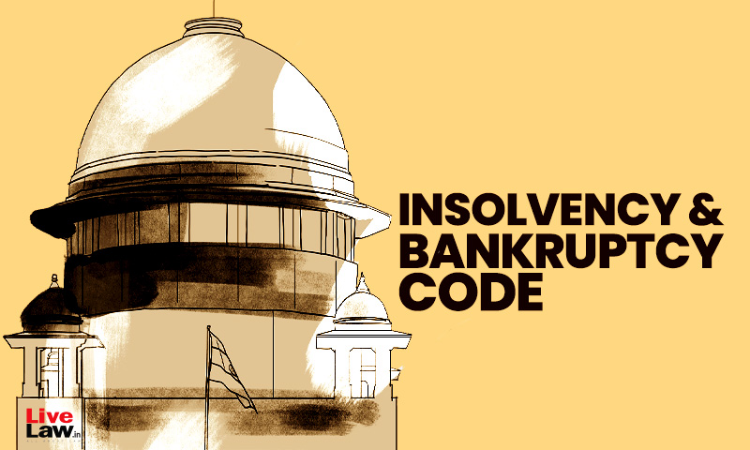Section 18 Limitation Act Is Applicable To IBC Proceedings, Reiterates Supreme Court
LIVELAW NEWS NETWORK
19 May 2022 9:33 AM IST

Next Story
19 May 2022 9:33 AM IST
The Supreme Court observed that the provisions of Section 18 of the Limitation Act are applicable to proceedings under the Insolvency and Bankruptcy Code, 2016.An acknowledgement in a balance sheet without a qualification can furnish a legitimate basis for determining as to whether the period of limitation would stand extended, so long as the acknowledgement was within a period of three...
